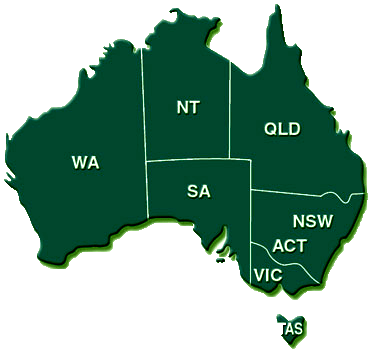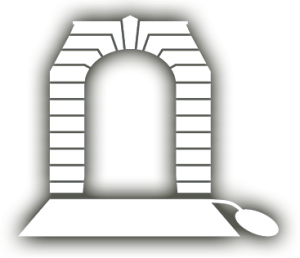Alison Hale, Assistant Secretary Community Policy DVA has sent this letter to ESOs.
I am writing to you as an ex-service organisation (ESO) that provides advocacy services to veterans, or as an accredited advocate.
I’d like to take this opportunity to thank you for the outstanding services you provide to veterans, and to assure you that DVA will continue to support you in this vital work. We are aware that, in addition to the assistance you provide to veterans by preparing and submitting claims, ESOs and advocates play an important role in supporting the wellbeing of veterans, including helping veterans to access other services that they need. Many veterans and their families have already benefited from your assistance, and I know that many more will continue to call for your help.
DVA is working hard to make claiming and accessing the services it provides to veterans easier, and it is also looking at ways to simplify the legislation. While this work may ultimately reduce the demand for advocacy assistance, DVA is aware that some veterans will continue to prefer to seek the assistance of an advocate in submitting their claims, and there will be a continuing role for ESOs helping veterans to improve and maintain their overall wellbeing.
The recent Veterans’ Advocacy and Support Services Scoping Study (the Cornall Study) expressed the view that, as the current veterans’ advocate workforce ages, there will be a significant reduction in the number of advocates available to assist veterans. However, the study’s report also noted that there is no way of knowing how many advocates are currently providing services to veterans, how much time they devote to that task, or how long they intend to continue to do so.
DVA has commissioned the UNSW Social Policy Research Centre to undertake a research project under its Applied Research Program to look at the capacity of the veterans’ advocacy workforce, both now and into the future. This will allow ESOs to plan for their future advocacy provision, and DVA to look at the support it provides to both ESOs and advocates.
As part of this project, the researchers will conduct two surveys, one aimed at ESOs and the other at advocates.
ESOs will be contacted by the research team within the next week, by email, and invited to complete a survey asking them about their current capacity to support veterans and their plans for the future of their advocacy workforce. If your ESO provides advocacy services but has not received an invitation to complete it by Friday 13 November, please contact [email protected].
In addition, advocates will be invited over the next two weeks to participate in an anonymous survey seeking information on the services they currently provide and their plans for the future. A link to this survey will be provided to ESOs and they will be asked to distribute the link to their advocates. A link to the survey will also be available on DVA’s website. If you are an advocate who would like to complete the survey and have not received an invitation to complete it by 25 November, please contact [email protected].
In order for the research to provide an accurate picture of the capacity and coverage of veterans’ advocacy services, it is important for as many ESOs and advocates to participate in the project as possible.
Again, I want to thank you for the work you do for veterans.
Regards,
Alison Hale


